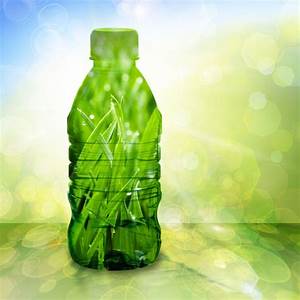PERSPECTIVES

Water footprint of bioplastic ellaboration from waste of corn, biodegradation and preservative effect on vegetables
This is how I came up with the idea for this project:Because we realized that water is the most important resource on the planet and we must find solutions and alternatives to be able to take care of it.
Water footprint in the production of natural cellulose biofilms for the preservation of vegetablesThe objective of the project consisted of the production of paper and two plastic biofilms from cellulose obtained from corn bagasse, which constitutes the waste of corn plant. This with a double objective, on the one hand, reduce the impact to the environment derived from the use of synthetic plastics and on the other, increase the life time of vegetables. In each of the processes, the water footprint was calculated and compared with that reported in the literature for all cases, as well as the biodegradability of the material produced. Additionally, the plastic biofilms were used as a vegetable coating, determining its preservative and antioxidant effects on some fruits and vegetables. From the elaboration of bioplastic and paper, the water footprint was 1.233 m3/ g of bioplastic and 1.22 m3/kg of paper, achieving a reduction of 3.43 and 1.10 times what was estimated for bioplastic and commercial paper. The bioplastics present a biodegradation only of 30 days. The biofilms elaborated allow us to extend the life time of fruits and vegetables up to 22 days, in addition to retarding the oxidation process up to 34 hours for the avocado and 24 for the apple, as a consequence of the presence of the added essential oils contained. The replacement by biodegradable materials will significantly reduce its environmental presence, for example, in aquatic bodies such as oceans, lakes and rivers, as well as within the trophic chain, presenting rates of degradation of days and not decades as the products conventional.

Programme manager ania.andersch@siwi.org +46 8 121 360 59